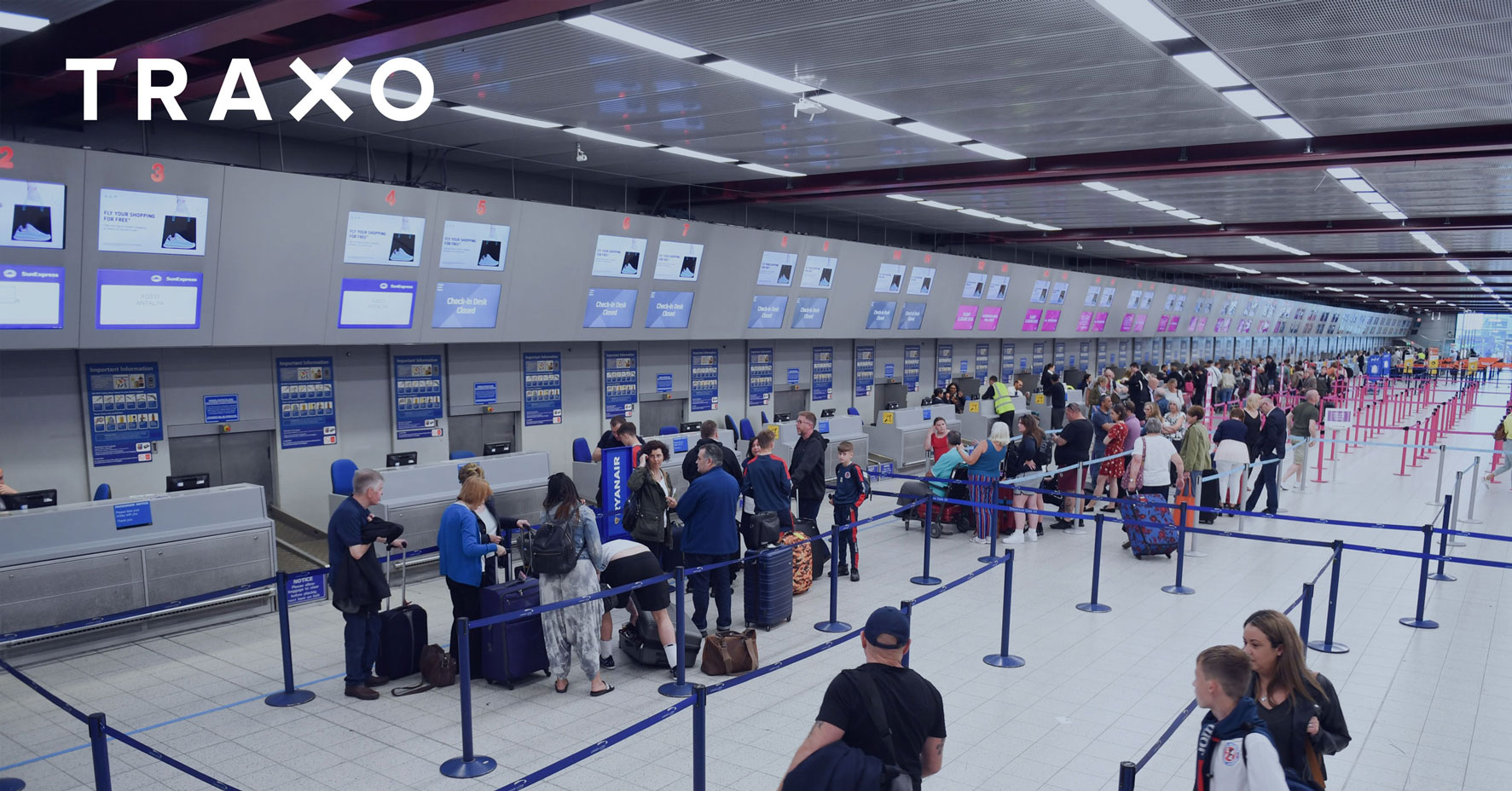In a perfect world, data management for Duty of Care would be an afterthought.
Companies would deploy top-notch corporate travel booking tools with the best rates and amenities procured by their travel management companies (TMCs). These services would be so fabulous and user-friendly that employees would use them religiously. And with 100% employee compliance, all that spend and itinerary data would flow seamlessly to the company’s risk management team and service providers. Risk alerts, employee location updates, and support requests based on this fully integrated booking data would happen automatically, in real time. Corporate travel managers could rest easy with the confidence that their fully integrated, dynamically automated managed travel program essentially runs itself, worry-free.
Unfortunately, that’s not the world we live in (yet). Comprehensive Duty of Care continues to be a hairy mess for even the most strongly managed travel programs. Unless a company has 100% compliance, gaps in coverage will continue to exist.
At the heart of the issue is data: how can you manage what you can’t see? With the proliferation of travel supplier incentives to book direct, the superior usability of supplier and online travel agency (OTA) mobile apps for booking, and in many cases, the simple fact that some travel inventory isn’t available via a corporate booking tool, the notion of achieving 100% compliance in a corporate travel program is simply unrealistic. We know that off-channel bookings are a problem now, and will continue to be a problem for the foreseeable future.
So maybe it’s time we get practical about the issue.
“Acceptance” may be too strong a word, but “acknowledging” that there are valid cases for booking off-channel could be a good place to begin, as noted in a new study by Amadeus and the London School of Economics, which noted:
Over 80 percent of CxOs indicated that the creation of a ‘cultural contract’ with employees was essential in promoting responsible travel behaviour with the balance of control for on-trip decisions residing with the employee, including under what conditions exceptions to policy could occur. Best-practices T&E was based on ‘trust’ and an open facilitative corporate culture.
By starting from a position of trust in employees to make smart decisions, companies can better engage employees in managing their own travel risks so they feel safer on the road. Making it easier (and less threatening) for employees to share their travel plans when booked off-channel is the best place to start:
- Facilitate and encourage employees to opt-in to automated services that import off-channel booking data— the most comprehensive and friction-less way to capture data.
- Leverage solutions like corporate email forwarding to enable employees to send in off-channel booking details — always a useful backstop despite the manual nature.
- Educate employees on the importance of sharing this data — with over half of respondents to a recent BTN survey indicating their companies either didn’t offer risk training, or weren’t certain if they do, there is a distinct opportunity to close the data gap through basic training.
- Most importantly, put away the compliance stick — employees will be much more willing to share this valuable data if they aren’t afraid of being penalized.
Companies can still encourage — and even incent — employees to leverage the preferred managed travel services on offer, but by recognizing that these off-channel booking situations will continue to occur, and taking a practical approach to addressing the data challenges they present, forward-thinking companies will be able to close the data gap that hinders effective Duty of Care management today. Additionally, greater visibility into these off-channel bookings means travel managers can gain better understanding into the complexion of these bookings to inform supplier negotiations, policy updates, and potential areas of usability enhancements for corporate booking tools.
Striking a practical balance between compliance and reality means everybody wins: safer traveling employees, more secure corporate travel programs, and greater sanity for corporate travel managers.


